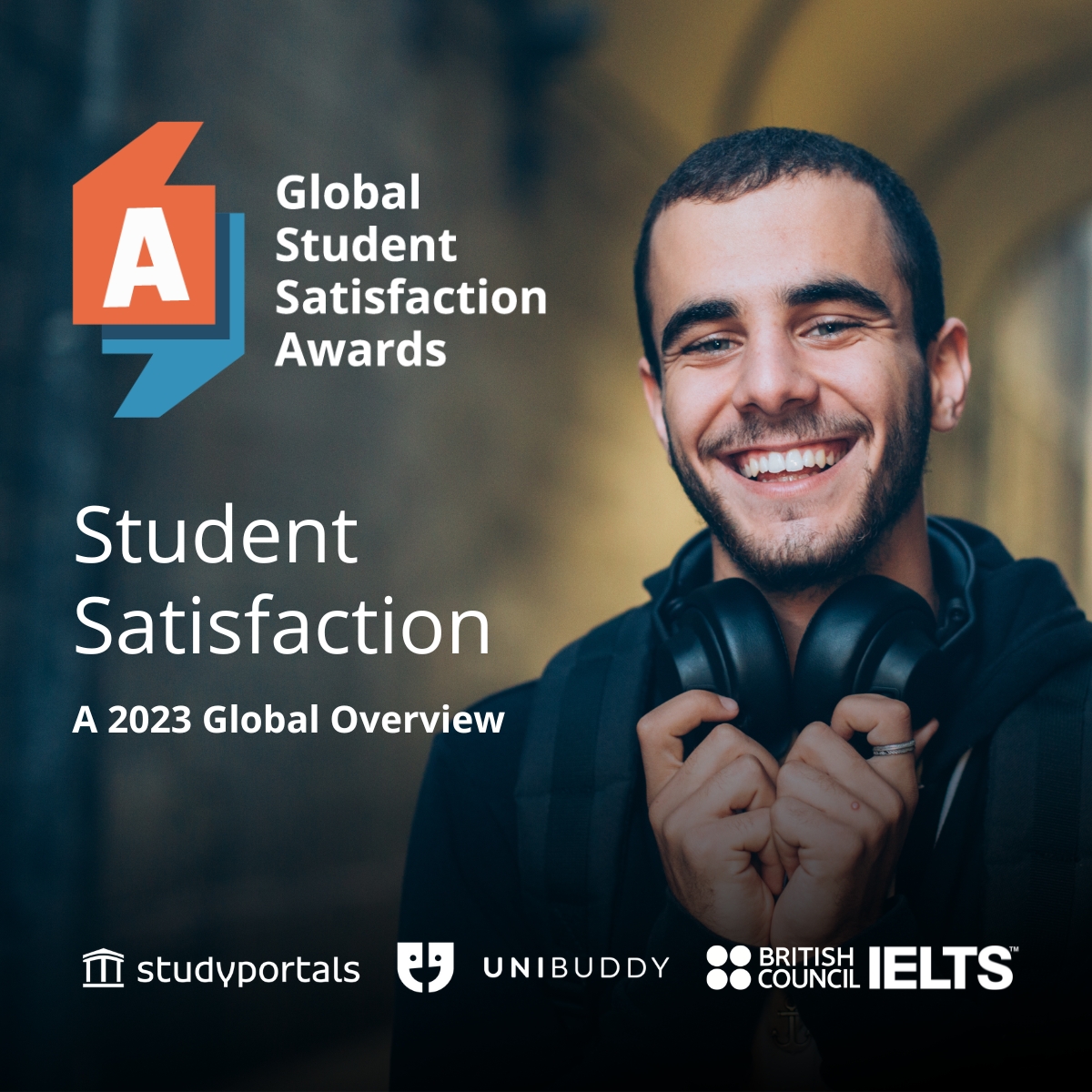Online report card US distance education
[REPORT] The 2015 Survey of Online Learning conducted by the Babson Survey Research Group in partnership with the Online Learning Consortium (OLC), Pearson, WCET, Studyportals, and Tyton Partners, reveals the number of higher education students taking at least one distance education course in 2015 is up 3.9% over the previous year.
Growth, however, was uneven; private non-profit institutions grew by 11.3% while private for-profit institutions saw their distance enrollments decline by 2.8%. These and other findings were published today in a report titled, “Online Report Card: Tracking Online Education in the United States.”
“The study’s findings highlight a thirteenth consecutive year of growth in the number of students taking courses at a distance” said study co-author I. Elaine Allen, co-director of the Babson Survey Research Group.
“Institutions with distance offerings remain as positive as ever, but there has been a retreat among leaders at institutions that do not have any distance offerings,” added co-author Jeff Seaman.
Growth has continued, despite muted support by faculty. The study reveals only 29.1% of academic leaders say their faculty accept the “value and legitimacy of online education.” The proportion of chief academic leaders reporting online learning is critical to their long-term strategy dropped to 63.3% in the most recent results.
“While enrollments in higher education institutions decreased overall, enrollments in online programs continued to increase. We have seen strong growth in online professional degree programs as learners are increasingly focused on employability and career advancement. As more institutions turn to professional degree programs to meet this new demand, we expect to see accelerated growth in online learning continue over the next 3-5 years,” said Todd Hitchcock, senior vice president, Online Learning Services, Pearson.
“The trend of increasing distance education enrollments in the face of declining overall higher ed enrollments suggests an important shift in the American higher education landscape, with contemporary learners leaning in to online options,” said Kathleen S. Ives, CEO and Executive Director, Online Learning Consortium. “The majority of academic leaders recognize this and understand online learning is critical to their institution’s long-term strategy.”
Key report findings include:
- A year-to-year 3.9% increase in the number of distance education students, up from the 3.7% rate recorded last year.
- More than one in four students (28%) now take at least one distance education course (a total of 5,828,826 students, a year-to-year increase of 217,275).
- The total of 5.8 million fall 2014 distance education students is composed of 2.85 million taking all of their courses at a distance and 2.97 million taking some, but not all, distance courses.
- Public institutions command the largest portion of distance education students, with 72.7% of all undergraduate and 38.7% of all graduate-level distance students.
- The proportion of chief academic leaders that say online learning is critical to their long-term strategy fell from 70.8% last year to 63.3% this year.
- The percent of academic leaders rating the learning outcomes in online education as the same or superior to those in face-to-face instruction is now at 71.4%.
- Only 29.1% of academic leaders report that their faculty accept the “value and legitimacy of online education.” Among schools with the largest distance enrollments, 60.1% report faculty acceptance while only 11.6% of the schools with no distance enrollments do so.
“Clearly many private, non-profit institutions are aggressively investing in distance education, ” said Russell Poulin, WCET’s Director of Policy & Analysis. “Between 2012 and 2014, students taking all their courses at a distance grew by 33% for non-profits. They were only a few hundred students away from passing the for-profit sector for having the second most number of enrollments. Public colleges still lead the way, by far. ”
A free webinar discussing the report findings will be offered on February 23, 2016 at 3:00 PM/ET.
Join Dr. Jeff Seaman, co-director of the Babson Survey Research Group, and Dr. Jill Buban, senior director at the Online Learning Consortium, as they review the key findings from Online Report Card and discuss ways to transition these trends into action items at your institution. Register.
Read the complete survey report, “Online Report Card.”
See the infographic of the report’s findings.
Browse through WCET’s companion report with additional IPEDS distance enrollment summaries.
Partners:
Pearson is the world’s learning company, with 36,000 employees in more than 70 countries working to help people of all ages to make measurable progress in their lives through learning. For more information about Pearson, visit www.pearsoned.com.
The Online Learning Consortium (OLC) is the leading professional organization devoted to advancing the quality of online learning worldwide. The member-sustained organization offers an extensive set of resources for professional development and institutional advancement of online learning. Visit onlinelearningconsortium.org for more information.
Studyportals (www.studyportals.com) is the international study choice platform, enabling students to find and compare their study options across borders. With over 100,000 published courses from over 2,100 participating universities and over 13 million visitors per year, Studyportals is a leading information source for study seekers. For universities, Studyportals is a key channel for international student recruitment.
Tyton Partners, formerly Education Growth Advisors, provides investment banking and strategy consulting services to companies, organizations, and investors as they navigate the complexities of the global knowledge sector. For more information about Tyton Partners visit www.tytonpartners.com.
The WICHE Cooperative for Educational Technologies (WCET) is the leader in the practice, policy, and advocacy of technology-enhanced learning in higher education. WCET is an unbiased, trusted and dynamic source of effective practices, policy analysis, advocacy, and expertise in areas related to leveraging learning technologies to support institutional effectiveness and student success, visit wcet.wiche.edu.
The Babson Survey Research Group at Babson College conducts regional, national, and international research projects, including survey design, sampling methodology, data integrity, statistical analyses and reporting. Visit www.onlinelearningsurvey.com
For more updates, follow us!




